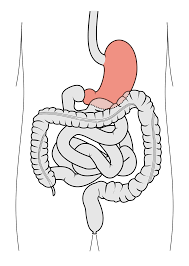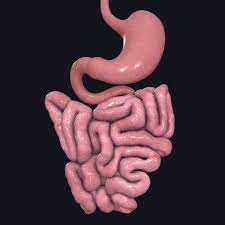Staying Safe During the Heatwave
- Jun 27, 2022
- 3 min read
Extreme heat waves have affected people's livelihoods from China to the United States. Temperatures have soared above the 100 degree Fahrenheit mark, leaving children and the elderly alike prone to heat illnesses. The effects can be felt when staying outdoors for an extended period of time, living in a home without proper ventilation, and not frequently drinking water. With this mind, what exactly are heatwaves and what are the appropriate measures required to deal with them?

What can be defined as a heatwave?
For starters, a heat wave is a period in which a region receives above-average temperatures consecutively. It is a rare phenomenon which occurs as a result of the movement of high-pressure systems. The National Oceanic and Atmospheric Administration states that heat waves can only occur when the air is trapped underneath a bubble of atmospheric pressure. This forces the air to move downward and not escape by traveling to different geographic areas. As the high-pressure air system builds up, the temperature intensifies and leaves residents to feel as if they are slowly being cooked inside of a microwave. When the system remains stagnant, it does not allow for rain to enter the area. Typically, when temperatures exceed the highest recorded point or the area’s average, the population is met with extreme thunderstorms and lightning. However, in the case of a heat wave, air is not allowed to move upward once the temperature starts rising.
How can one prevent being a victim of heat-related illness?
There are many precautions that one can take to stay cool and avoid being dehydrated. The first tip is to stay indoors in an air-conditioned room. It’s important to follow this tip, especially for older adults who may be susceptible to rapid changes in the temperature or weather. Heat-related illnesses and death is preventable by staying alert and following the guidance of local officials. Staying indoors allows one to give their body enough time to adjust to the heat in the circumstance that they are forced to venture outdoors. Turning on the air-conditioning during this time can serve to reduce humidity indoors and be unaffected when completing everyday tasks. Furthermore, one can drink more fluids than they would on a regular basis while limiting the amount of arduous work that they undertake. Finally, wearing loose and lightweight clothing allows one to reflect the heat instead of absorbing it. Lightweight clothing gives one the advantage of having proper air circulation and limiting the amount of excess heat accumulated.
What are the signs of a heat-related illness
Some symptoms of this illness include fatigue, headaches, heavy sweating, feeling dizzy, low blood pressure, and fainting. Other symptoms are breathing quickly, an above-normal body temperature, and muscle cramps. These symptoms are not to be confused with that of heatstroke, and only apply to heat exhaustion. An individual can recognize that they are suffering from heat exhaustion when their heart rate increases over a short period of time as the body attempts to release its heat. Furthermore, depending on the humidity, sweat will increase and reduce the body’s salt and water levels. Headaches occur as a result of dehydration and fatigue commences when staying at the same position for a lengthy period of time.
Who is primarily affected by heat exhaustion?
The groups who are primarily affected by heat exhaustion include people with pre-existing conditions such as heart disease, the elderly, and infants. The elderly are not able to release the heat as effectively as their younger counterparts and can be left in a dire state if they have a long-term condition. Seniors with dementia are unable to recognize that they are being met with extreme heat. Diabetes and heart disease can increase the risk of complications from this phenomenon and damage blood vessels throughout the body. In addition, children and infants are also susceptible to feeling the consequences of being left in the heat. Parents may find themselves accidentally leaving their children inside the car during such conditions. Vehicles can quickly pick up heat during any temperature and leave children gasping for air. Such negligence will cause irreversible damage to the child’s health and overall well-being.
To conclude, it is important to make sure that one knows how to deal with a heat wave situation and alert others of how to keep themselves safe. Regardless of the temperature outside, one must drink water frequently during the day to keep themselves hydrated. One should also move to an air-conditioned room. If they do not have air conditioning available, they should close all doors in the house to keep the air concentrated in a particular location. Additionally, box or ceiling fans should be turned on. Staying on the lookout for risk factors and checking in on relatives can ease any concerns




Comments